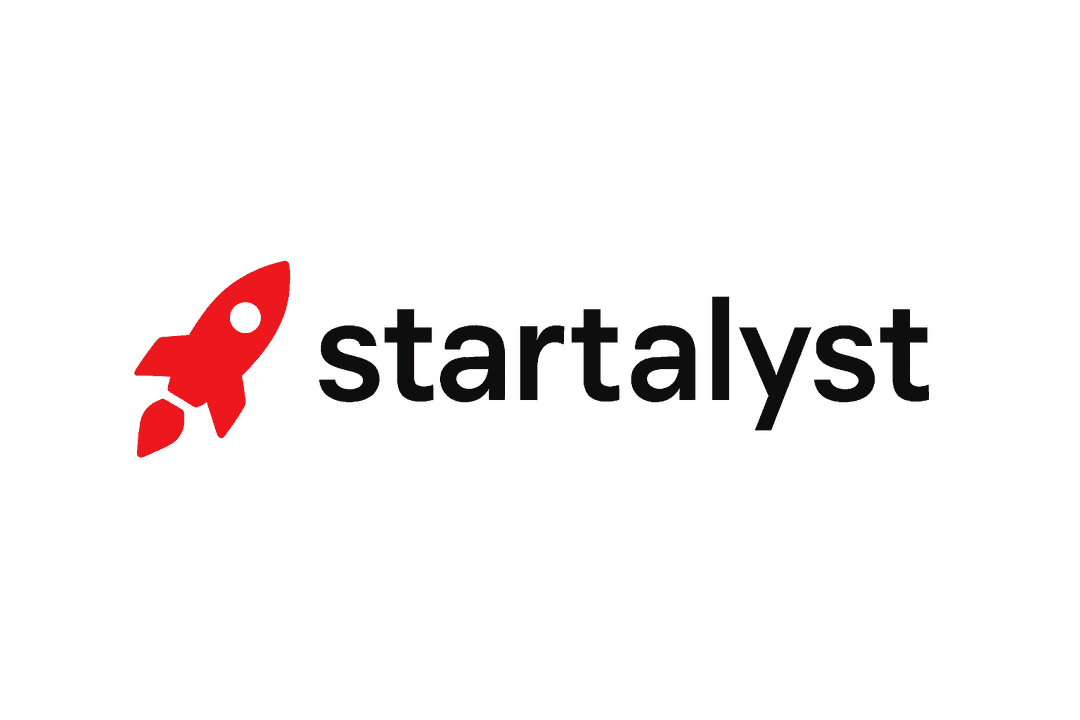Environmentally Friendly Business Ideas Starter Guide
How to Get the Best Results
Start by matching what you already do well with specific environmentally friendly business ideas that fit your local market and skills. Focus on a few concrete channels — a weekend market stall, a simple ecommerce listing, and a local workshop — rather than trying to launch everywhere at once.
Test quickly with low-cost experiments: run a one-day pop-up, list five products, or host a single class. Use customer feedback and simple metrics like repeat bookings and conversion from social posts to decide what to scale.
Step 1 — Who are you?
Choose the background that most closely describes you, then note the skill you use and the business advantage that follows.
- As a community organizer — project management — you can coordinate repair cafes and tool libraries that reduce waste and build local customers.
- As a chef or caterer — food sourcing — you can create zero waste meal kits using surplus produce from nearby farms.
- As a teacher — curriculum design — you can run educational workshops on composting and sustainable living for schools and neighborhoods.
- As a maker or craftsperson — fabrication — you can upcycle reclaimed materials into premium goods with a clear sustainability story.
- As a freelance writer or marketer — content strategy — you can package sustainability guides and newsletters that attract eco conscious subscribers.
- As a logistics coordinator — supply chain planning — you can build local delivery networks for refill stations and low waste groceries.
- As a landscaper or gardener — horticulture — you can design native plant and rain garden installations that lower maintenance and water use for clients.
Step 2 — Add interests & skills
Pick the skills and interests that excite you and imagine how each one plugs into environmentally friendly business ideas.
- Upcycling enables you to transform discarded textiles and wood into distinctive home goods that appeal to conscious buyers.
- Composting allows you to offer neighborhood compost pickup and nutrient rich soil blends to gardeners.
- Urban gardening encourages you to build balcony and rooftop kits that reduce food miles for city residents.
- Solar basics let you provide small scale consultations and install planning for homeowners interested in panels or solar water heaters.
- Packaging reduction motivates you to launch a refill delivery service for soap, detergent, and pantry staples.
- Repair skills position you to run repair workshops and mobile repair services that extend product lifespans.
- Eco research enables you to offer audits and reports that help small businesses cut resource use and costs.
- Event planning qualifies you to organize swap meets and sustainable craft fairs that attract local audiences.
- Web design allows you to create simple ecommerce sites that highlight sustainable provenance and impact metrics.
- Photography helps you produce honest product images that communicate quality and reduce returns.
- Community outreach enables you to recruit volunteers and customers for neighborhood circular economy projects.
- Sales and negotiation let you secure wholesale partnerships with zero waste shops and local grocers.
Step 3 — Set available capital
Match your starting capital to business ideas that scale sensibly, and plan the first three experiments you can afford at each level.
- ≤$200 allows you to test market demand with a small pop-up, a handful of product listings, or one workshop using donated space and basic supplies.
- $200–$1000 enables you to invest in modest inventory, basic packaging solutions, or local advertising to build repeat customers and refine pricing.
- $1000+ permits you to buy equipment for repairs, rent a small shared workspace, or develop a branded refill station with professional labeling.
Step 4 — Choose weekly hours
Decide how much time you can realistically dedicate each week and align operations to that window.
- 5–10 hours is ideal for running an online shop, handling orders, and hosting one weekend workshop per month.
- 10–20 hours lets you expand to regular market stalls, offer seasonal home consultations, and manage basic social media marketing.
- 20+ hours supports scaling into a small team, opening a storefront or shared workspace, and pursuing wholesale accounts.
Interpreting your results
- Combine your background, interests, capital, and available hours to shortlist two to three ideas that overlap across all four dimensions. Those are your lowest risk experiments.
- Start with the smallest viable offer you can deliver well and aim to validate with paying customers rather than endless prototyping. Track simple metrics like repeat purchases, customer acquisition cost, and time per sale.
- Use local channels first: farmers markets, community Facebook groups, neighborhood newsletters, and collaborations with existing eco minded shops. Word of mouth and in person demos convert faster for sustainable products.
- Plan to iterate monthly: drop what does not sell, double down on what customers value, and reinvest early profits into improving material quality or expanding capacity.
Use the generator above as a starting point and run small, measurable tests that match your real skills and resources to environmentally friendly business ideas that can grow sustainably.
